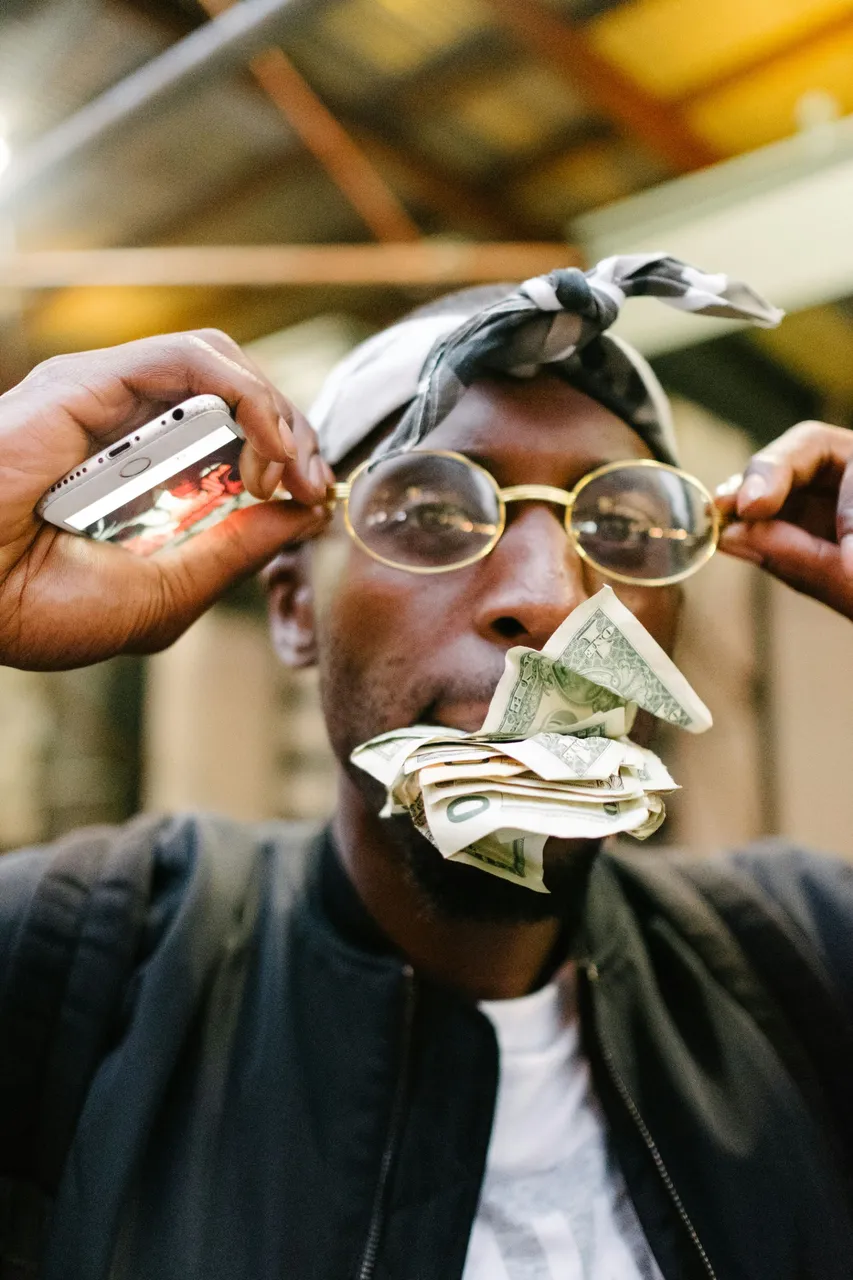The True Measure of Poverty☢️☢️☢️☢️☢️: Understanding Seneca's Wisdom
"It is not the man who has too little, but the man who craves more, that is poor." This strong assertion by the Roman philosopher Seneca confronts our common notion of poverty and riches. In our contemporary society, where consumer culture and perpetual seeking after more consume us, this ancient insight brings to mind a different way of looking at what poverty and richness are.
Upon first read, Seneca's quote is counterintuitive. We normally understand poverty as a scarcity of physical things—someone who lacks sufficient money for basic needs. Seneca, however, presents that poverty is not something external but an internal situation of mind. The individual who always longs for more, even if they already have a lot, is the poor person because they are in a state of perpetual dissatisfaction.
This observation shows that poverty and wealth are as much of a mental as a material condition. Someone who is poor but at peace with what they have could, according to Seneca, be more affluent than a billionaire who can never get enough. The former has reached a point of satisfaction, while the latter is trapped by their endless wants.
In a consumer culture like ours today, Seneca's words are truer than ever. We're showered with messages every day that we simply need more—newer things, larger homes, nicer cars. The advertising market is all about inducing wants, wanting us to believe that happiness awaits us just over the horizon of our next shopping spree. Yet time and again research indicates that after basic needs are met, growing wealth does little to improve our happiness.
The wisdom of Seneca's quote encourages us to change our perspective from wanting more to enjoying what we already have. It proposes that wealth is not in accumulation but in thankfulness and satisfaction. By learning to want less instead of having more, we can see ourselves released from the permanent quest for external confirmation and find joy in being there.
Finally, Seneca's quote provides a very deep redefinition of wealth and poverty. It reminds us that the wealthiest life is not one that contains the most material goods, but one that is one of contentment and gratitude for what we have. In a society that continually bombards us with the desire for more, maybe the greatest exercise in wealth is the ability to see that we already have enough.
